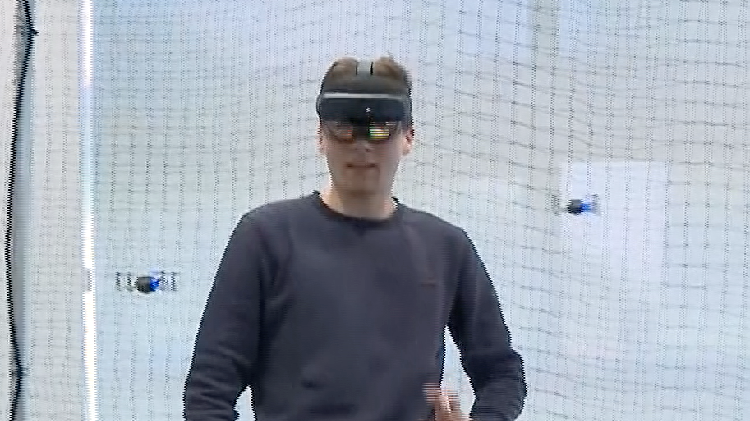Little Lithuania's Ambitious Space Tech Plans

Lithuania may be a small country, but its aspirations in the space technology sector are anything but minor. As global demand for innovative and secure communication solutions expands, particularly with the anticipated launch of 70,000 satellites over the next five years, Lithuania is positioning itself as a key player in the space tech landscape. This effort is not merely about scientific advancement; it is also critical for national defense and geopolitical resilience. By investing in space technology, Lithuania is making strides to enhance its defense capabilities while simultaneously contributing to global advancements in this field.
At the heart of Lithuania's space ambitions are start-ups like Astrolight, a company focused on developing laser communication systems. Imagine a system that operates like invisible internet cables between satellites and Earth, allowing for faster, more secure data transmission compared to traditional methods. This technology has far-reaching implications; for instance, Astrolight is collaborating with NATO to create laser systems that can facilitate communications without detection, a crucial capability in tense situations. Similarly, Blackswan Space is pioneering autonomous satellite navigation systems, which allow satellites to reposition themselves without human intervention. Such innovations not only enhance communication but also enable military applications, such as simulating battlefield environments or even neutralizing enemy satellites.
Ultimately, Lithuania's growing space tech sector reflects a broader trend where countries recognize the dual nature of space technology: both civilian and military applications can foster national security and economic prosperity. As Lithuania seeks to solidify its place in the global arena, there's an underlying question to ponder: can smaller nations, through innovation and collaboration, shift the balance of power in the high-stakes game of space technology? With continuous government support and a burgeoning ecosystem of start-ups, Lithuania exemplifies how ambition and strategic investment can breed resilience and opportunity in today's rapidly changing technological landscape.
Read These Next

Dutch Researchers Turn to Insects for Sustainable Solutions
Dutch researchers at Delft University launched a lab to develop autonomous drone swarms inspired by insect behavior for various applications.

China's Major Advances in Large Scale Scientific Facilities 2024
China marks 2024 with major scientific advancements, including the completed Jiangmen Underground Neutrino Observatory and FAST's 1,000 pulsar discoveries.

Xiaomi Opens New International Headquarters in Shenzhen
Xiaomi opened its new international headquarters in Shenzhen, enhancing work environment and boosting efficiency and innovation.
